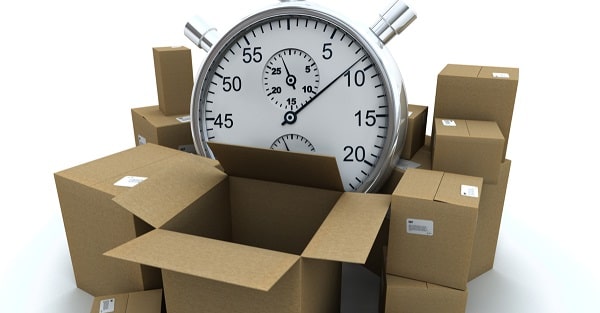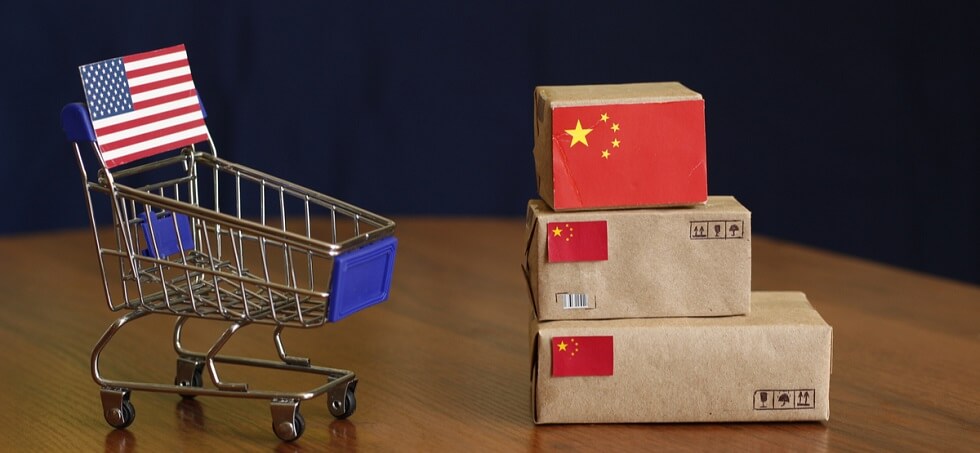This Season: Chargebacks Due to Delivery Delays

A major component to running a successful eCommerce business is fulfilment. All the effort and budget you spend on getting customers to click is worthless if you can’t deliver the goods on-time and in one piece.

Delivery delays are a significant source of chargebacks. Some 20% of companies state that delivery delays are the most frequent chargeback source, according to a 2021 survey by fraud prevention vendor Kount.
Of course, delivery delays became a big issue with lockdowns caused by Covid-19. Of the 58 percent of respondents who thought their company’s chargeback rates increased post-March 2020 in the Kount survey, 45 percent said delivery delays were the top reason. Additionally, 29 percent of respondents blamed interrupted supply chains as the primary source of increased chargeback rates.
How chargebacks for delayed deliveries work
In the U.S., the federal Mail, Internet, or Telephone Order Merchandise Rule applies to most things you order by mail, online or by phone. It says:
- Sellers have to ship your order within the time they or their ads’ say. If they don’t give a time, they must ship within 30 days of when the consumer placed their order.
- If there’s a delay shipping the order, the seller has to tell the consumer and give them the choice of either agreeing to the delay or canceling their order for a full refund.

- If the seller doesn’t ship the customer’s order, it has to give them a full refund — not just a gift card or store credit.
- If the customer don’t respond and the delay is 30 days or less. The seller can assume that the customer accepts the delay and will wait for the items.
- If the customer doesn’t respond and the delay is more than 30 days. The seller has to cancel the order by the 30th day of the delay period and give the customer a full refund.
If the consumer made a credit or debit card purchase and does not agree to extend the date of the order delivery and the seller doesn’t agree to a full refund, the consumer is entitled to request a chargeback.
The Fair Credit Billing Act treats certain credit card charges that the consumer disputes as billing errors. Billing errors include charges for items that the consumer did not accept or that were not delivered as agreed, involved the wrong amount, were unauthorized, and certain others.
By law, the consumer has to dispute a credit card billing error in writing within 60 days of the date that the first statement that has the billing error was sent to them. Otherwise, the bill is final.
The credit card issuer must acknowledge the dispute, in writing, within 30 days of getting it, unless the problem has been resolved. It must resolve the dispute within two billing cycles (but not more than 90 days) after getting the letter from the cardholder.
The clock begins running on shipping deadlines when the seller receives a properly completed order, including any advance payments. The merchant can't add any of the days it took for the customer’s bank to credit their account. And it doesn't matter whether a fulfillment house or drop shipper the merchant used to handle orders caused the delay.
Beware delays are piling up
Right now, in period before the peak U.S. shopping season, things don’t look great for shipping times on the main transpacific route.

In regular conditions, the rules of thumb for lead times for shipping to the U.S from China are 1-2 weeks for regular post, 3 days for air express freight, 8-10 days for air freight, and 30-40 days for ocean freight.
However, transpacific capacity is increasingly stuck waiting at US destinations like LA/Long Beach where a new record of more than 70 container ships are currently waiting an average of nine days to dock. Overwhelmed trucking, warehouse and rail logistics are also contributing to the port delays, and to the overall slog in end to end logistics. Freightos.com marketplace data shows that so far this month China-US ocean shipments are taking an average of 73 days to arrive at their final destination, 83% longer than in September 2019.
This had affected shipping alternatives as well. The volume of air cargo from China to the US is now four times higher than pre-pandemic levels. Ground handling at many US air cargo hubs are overwhelmed as well.
Add some additional leeway time
Estimates for cargo shipping and handling can be affected by a wide range of circumstances, so it’s worth checking with your logistics provider. However, it is likely that this year you will want to bake in more time into your advertised delivery dates to allow yourself some leeway. That’s true whether you need to rebuild inventory or if you follow a drop shipping business model. If your products crisscross the globe, you face an increased chargeback risk from delivery delays this year. Best to plan accordingly.
For more information regarding service related chargebacks or help managing your chargeback problem,
Contact us at Justt
Delivery Delays Chargebacks FAQs
If it was a card payment, and the customer doesn’t agree to a delivery delay, and the seller doesn’t issue a full refund, the customer can file a chargeback.
Customer communication should be prompt, and the merchant should take full responsibility, apologize for the inconvenience, and explain the cause of the delay and the solution.
The legal minimum time limit for disputing a charge is 60 days, but most banks allow cardholders up to 120 days to file a chargeback depending on the reason code and the card network.
A seller can provide evidence to disprove the chargeback. For instance, they can provide:
- Documentation to prove the customer didn’t try to return the merchandise
- Evidence of the agreed delayed delivery date
- Evidence the expected delivery date hasn’t passed
- Proof of delivery
If you paid with a credit card, money order, check, or cash, the merchant should issue a refund within seven business days after canceling the order.
Issuing banks don’t file chargebacks until 15 days after a product return to allow merchants enough time to refund the customer.
If a customer pays extra for next day delivery and it doesn’t arrive on time, they are entitled to a refund of the difference between premium and standard delivery cost.






